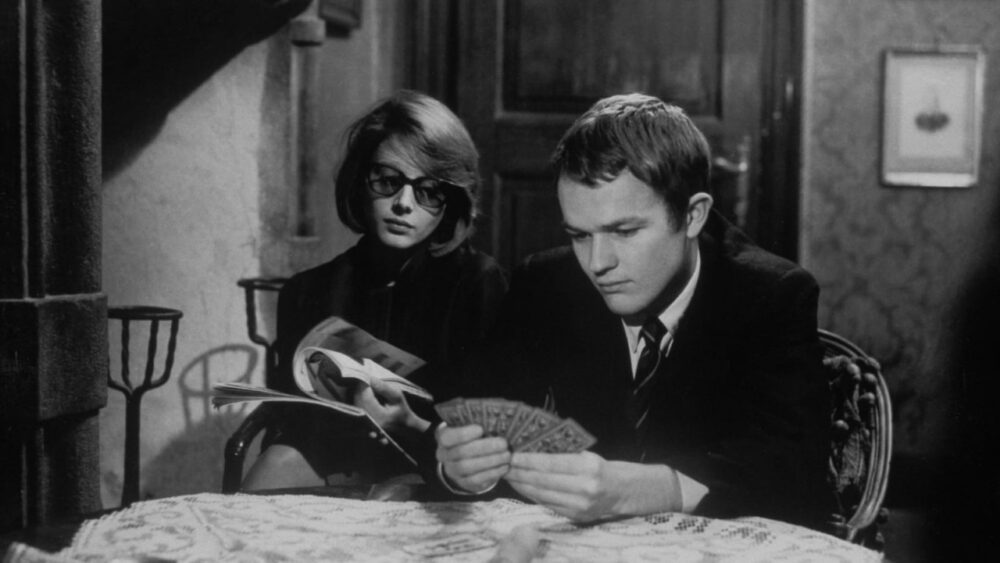There is a “before” and an “after” Fists in the Pocket in the history of Italian and international cinema, crossed from East to West, from North to South by a need for profound transformation of styles, forms, and contents. Marco Bellocchio’s dazzling first work, which does not play into anyone’s hands, neither parties nor movements, unleashes an open and heated debate in society, culture and politics, which anticipates the youth protest of ’68. There were therefore many intellectuals and writers at that time, including Italo Calvino, Alberto Moravia, Pier Paolo Pasolini, who, faced with the shock wave of Fists in the Pocket, felt the duty to write or take a stand. In general, the “scandal” of the film leads many prominent figures in culture, society and politics to take sides, for or against. The value of a film-manifesto has certainly made the film famous, but often the insistence on the political meaning assigned to it has prevented us from grasping the authenticity of a radical rejection of any consolidated relationship. Bellocchio, just twenty-six years old, without ideological schemes and without wanting to chase history from above, in this unique and inimitable masterpiece comes to terms with his family, his city of origin, Bobbio, and with the entire world in which the intolerance smolders within consciences, domestic spaces, conventions and bourgeois beliefs. The epileptic protagonist Ale is the unfinished expression of a delirious and failed revolution, inevitably destructive within his own domestic nucleus, and therefore, ultimately, self-destructive. Symbolic in its crime scenes, it remains powerful, irreducible and still overwhelming today due to its load of intolerance, Fists in the Pocket is the innovative film of the mid-Sixties, at least as much as Luchino Visconti’s Obsession for the Forties and Neorealism. To this day, Fists in the Pocket confirms itself as an intransigent work of rupture: a concentration of pure tension that transcends the generation of the second half of the Sixties and looks beyond, over the decades, with an impressive and unbridled foresight of which actor Lou Castel has since become the icon indefinitely. — Anton Giulio Mancino
In Italian with English subtitles
